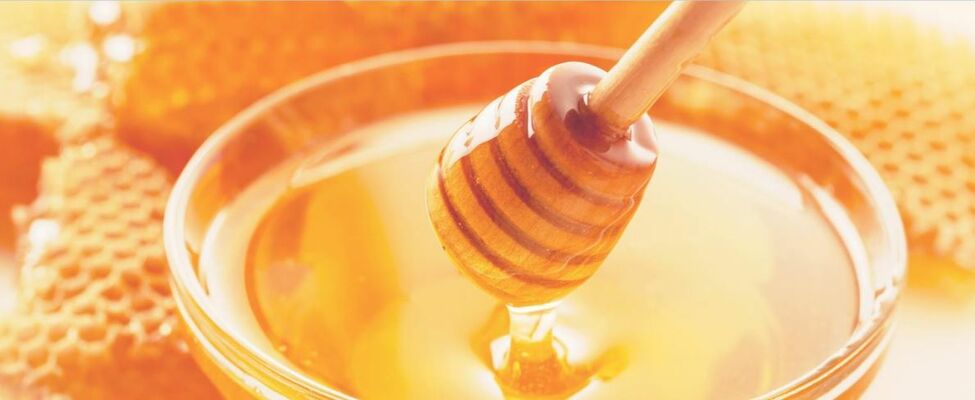

Is it Really Pure Honey? Detecting Adulterations, Frauds and Quality Issues by NMR-based Honey-Profiling
In recent years, an imbalance has emerged between supply and demand in the market for honey. Pressures on bee populations have resulted in a squeeze in its availability. While, at the same time, increasing demand from consumers in developing countries mean that more people than ever want to get a hold of honey. The consequence of this? Honey has become one of the most adulterated food substances in the world. Estimates suggest around 20% of honey on the world market is a product of fraud.
Recently, nuclear magnetic resonance (NMR) spectroscopy has emerged as a technique that can help to tackle honey adulteration and inauthenticity. The non-targeted approach can be used, not only to characterize the components of honey samples and detect added ingredients, such as sugar syrups, but to derive the geographic origin of the product, which does not always match up with its label.
In this webinar, Dr Thomas Bocher, Market Manager for Food, Feed & Beverage Solutions and Léa Heintz, Product Manager for the FoodScreener product platform at Bruker BioSpin, will explain how NMR profiling using the Bruker FoodScreener can provide a non-targeted approach to the detection of honey fraud.
What You Will Discover
This webinar will outline the problems of fraud in the honey industry and how NMR profiling offers a solution for fraud detection, through the simultaneous identification and quantification of multiple compounds.
Key topics include:
- General situation of global honey market
- Types of honey fraud
- How NMR profiling works
- Advantages & Unique value proposition of the Bruker FoodScreener
Dr Thomas Bocher, Market Manager for Food, Feed & Beverage Solutions and Léa Heintz, Product Manager for the FoodScreener product platform at Bruker BioSpin will outline how NMR profiling using the Bruker FoodScreener can be applied to honey samples.
The webinar will begin with a view on the current situation in the honey market which offers incentives for fraud and the description of the various types of food fraud that honey is subject to, such as adulteration with sugars & sugar syrups and wrong declaration of geographic or botanical origin.
They will then go on to explain the major advantages of NMR-based honey profiling and how this technology makes it possible both to check the authenticity and to determine the quality of a honey sample.
The webinar will introduce you to Bruker’s FoodScreener NMR platform, which can also be used in wine - and fruit juice profiling.
Speakers
Léa Heintz
Product Manager, Biopharma & Applied Division, Bruker BioSpin GmbH & Co. KG
Léa Heintz is in charge of the Functional Food & Nutrition product portfolio. Holding a Master of Science’s degree in Analytical Chemistry, she works in close collaboration with the development, sales and marketing teams. Her main focus is to translate the customer needs into innovative solutions.
Dr. Thomas Bocher
Market Manager Food, Feed & Beverage Solutions AIC Division, Bruker BioSpin GmbH Director (Prokurist)
Dr. Thomas Bocher is in charge of Bruker BioSpin’s product and solution portfolio in the Food, Feed & Beverage segment. As experimental physicist in spectroscopic techniques and holder of an MBA degree his main focus is analyzing unmet customer needs and competitive product offerings in order to create paramount solutions in regard to usability and added value for the customers.